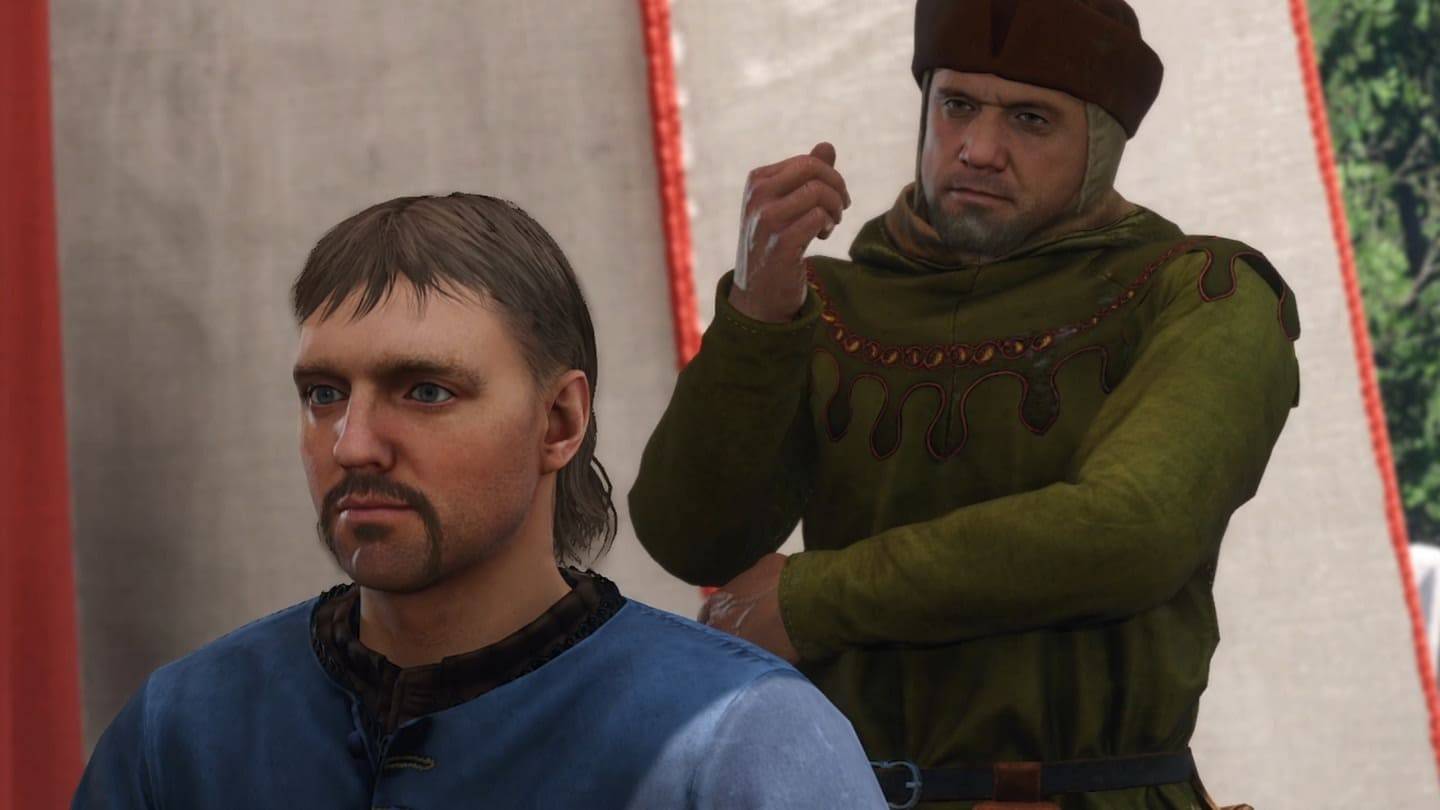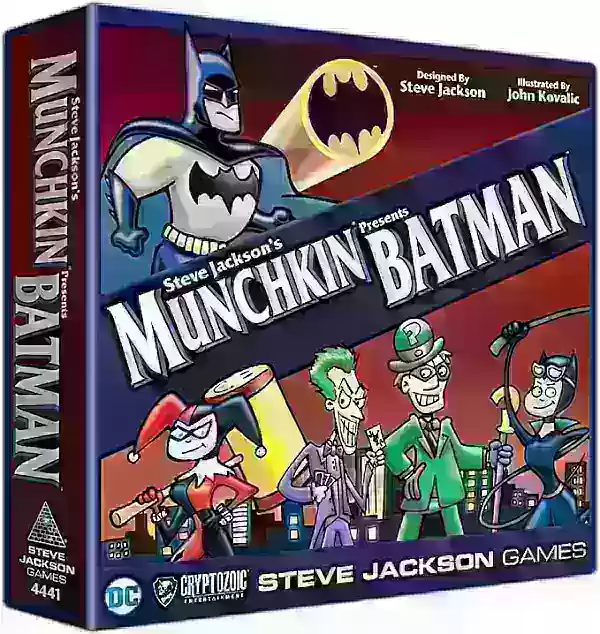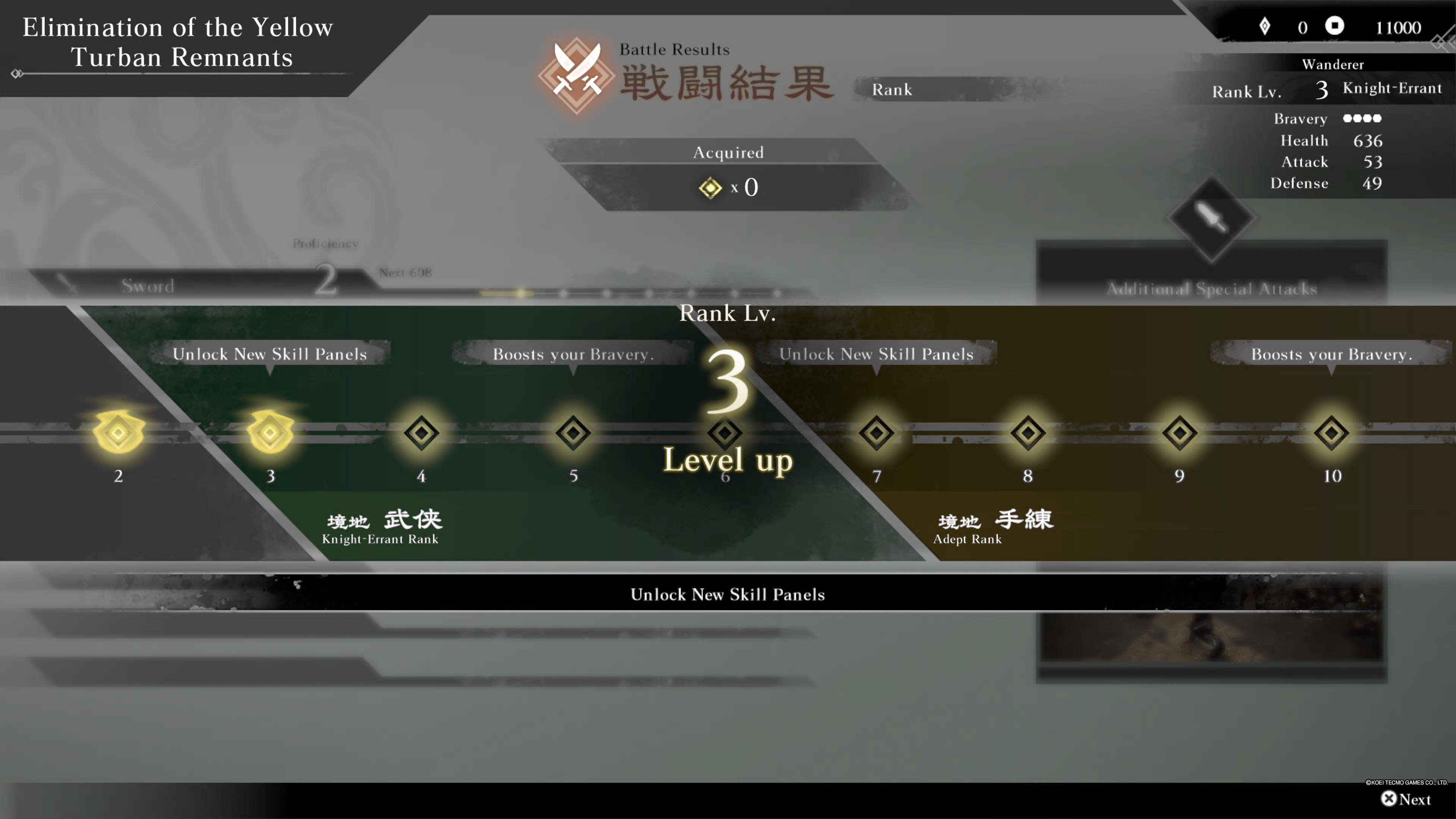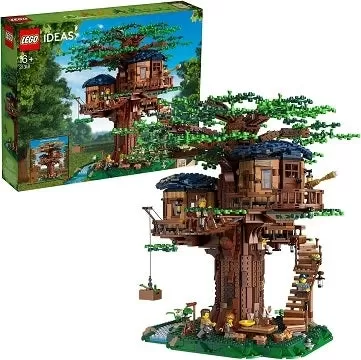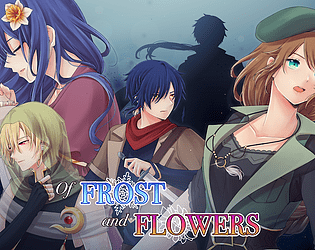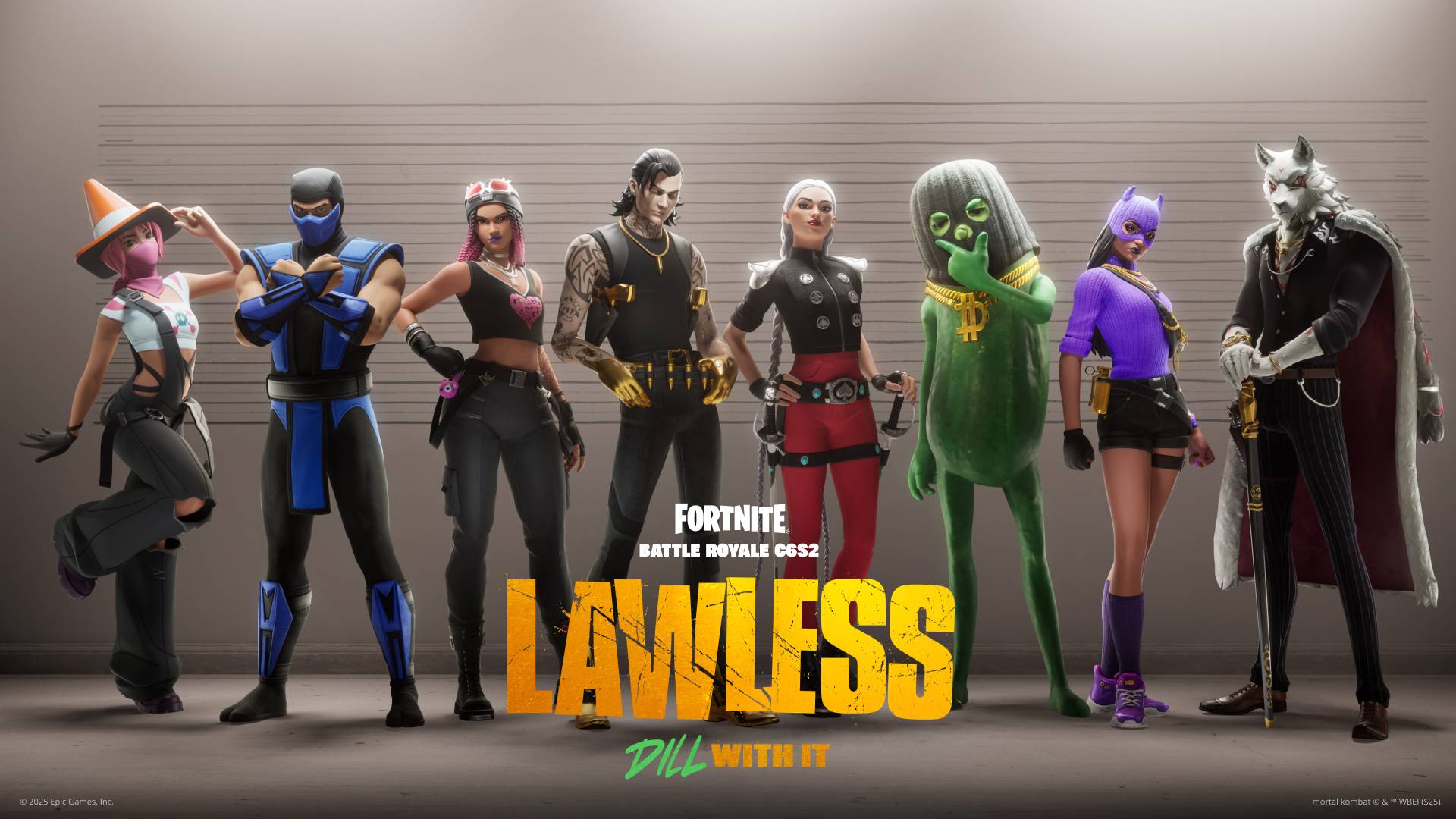Local Thunk Didn't Play Any Roguelike Games During Balatro's Development...Except Slay the Spire
Balatro developer Local Thunk recently shared a fascinating development history on their personal blog, revealing a surprising approach to roguelike game design. Surprisingly, they intentionally avoided playing most roguelikes during Balatro's creation, aiming to forge their own path and embrace the inherent challenges of independent game development. This self-imposed restriction, however, had one notable exception.
In December 2021, Local Thunk consciously decided to refrain from playing additional roguelikes. Their reasoning? Game creation is a hobby, not a business, and the thrill of experimentation and independent design was paramount. They embraced the potential for mistakes, preferring to reinvent the wheel rather than directly borrowing established mechanics. This approach, while potentially leading to a less polished final product, aligned with their personal enjoyment of the development process.
This self-imposed rule, however, met its match a year and a half later. The game Slay the Spire broke Local Thunk's resolve. Their reaction? A simple, yet powerful, "Holy shit. Now that is a game." The reason for this single indulgence? Troubleshooting controller implementation issues in Balatro. Local Thunk sought inspiration from Slay the Spire's controller handling, but the game's captivating design proved too alluring to resist. Fortunately, they credit this late-stage exposure as a factor in avoiding unintentional design duplication.
Local Thunk's post-mortem also reveals other intriguing details. The game's initial working folder was named "CardGame," a label that inexplicably persisted throughout development. Similarly, "Joker Poker" served as the game's working title for a considerable period.
Several scrapped features are also discussed, including: a system where card upgrades were the sole method of character progression (similar to Super Auto Pets), a separate currency for rerolls, and a "golden seal" mechanic that returned played cards to the hand after skipping blind draws.
The final number of Jokers in the game, 150, resulted from a miscommunication during discussions with publisher Playstack. Local Thunk initially proposed 120, but a later meeting resulted in a change to 150, a number they ultimately preferred.
Finally, the blog post explains the origin of the developer name "Local Thunk," a playful nod to a programming anecdote involving their partner's experience learning R. The combination of the Lua keyword "local" and their partner's variable naming preference, "thunk," formed the unique and memorable handle.
Local Thunk's blog provides a much more detailed account of Balatro's development. IGN's enthusiastic 9/10 review, praising Balatro as "A deck-builder of endlessly satisfying proportions," speaks volumes about the game's ultimate success.







